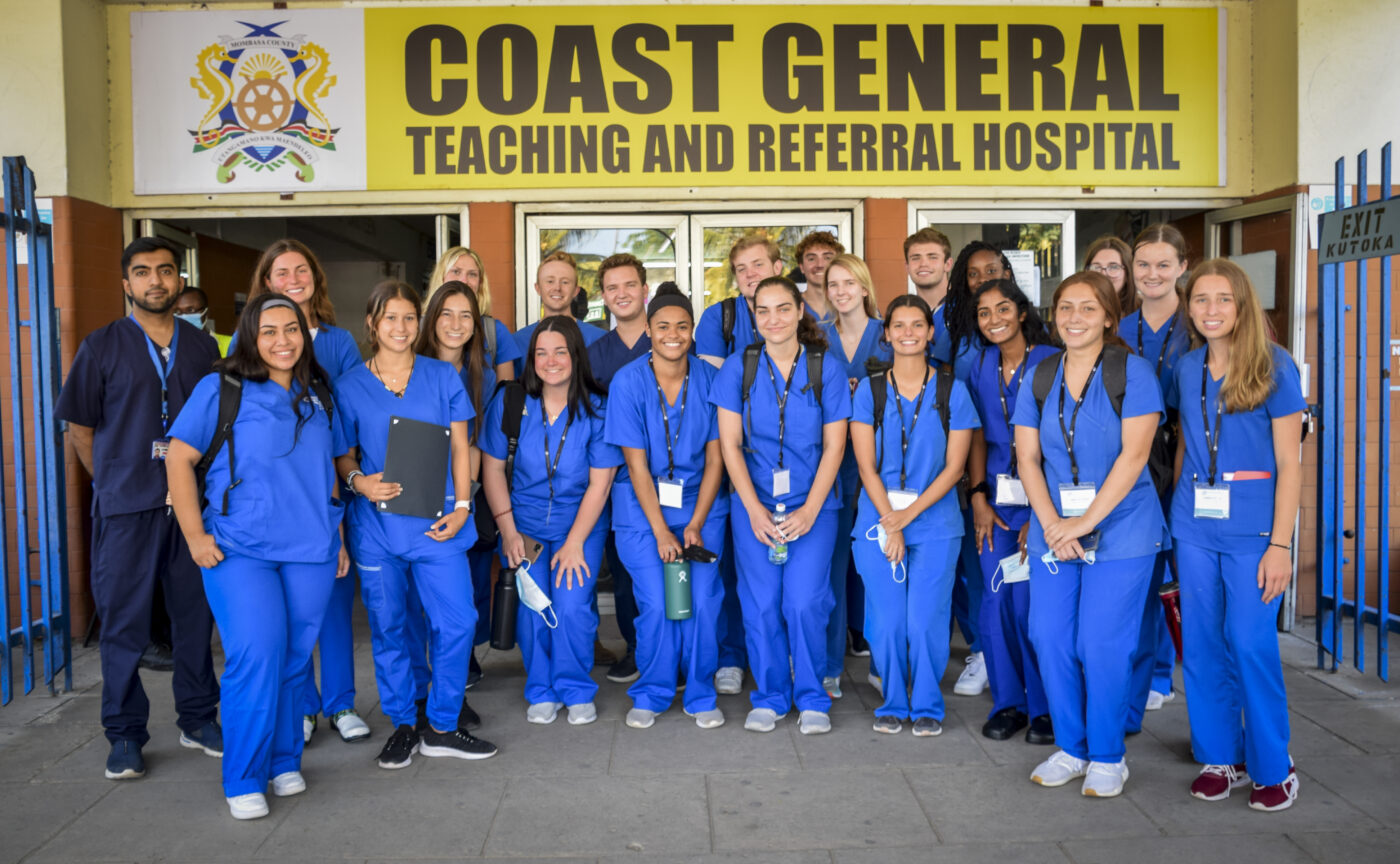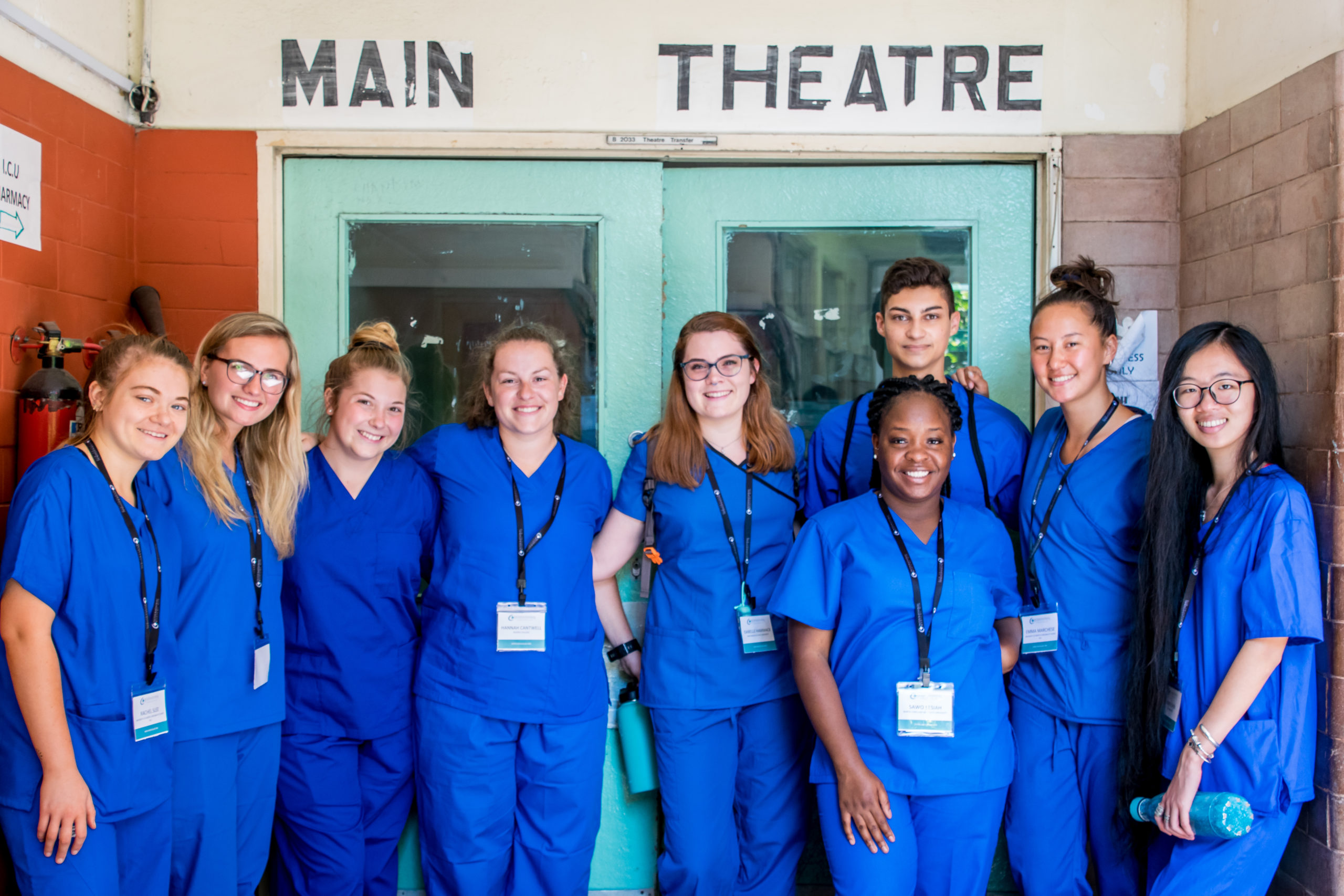An internship is a vital aspect of your career journey. For one, most universities require students to complete at least one internship before awarding them a degree. It can also be challenging to land a job in the current competitive market without some job experience on your resume. In fact, a survey shows that 35% of students and young professionals are more likely to get a job offer because of their internship.
Of course, as a student, the only way to gain that experience and kickstart your career is through internship programs. Nothing beats getting the opportunity to intern abroad. Apart from applying your class knowledge in the real world, you also interact with a new social life. As such, you learn different cultural practices and how to accommodate them in your line of duty.
Unfortunately, medical internships abroad can be considered a luxury. Many believe that only those with enough resources can access these opportunities. Although this process is accessible to everyone today, getting a paid role can be a hassle. For instance, in the United States, over 40% of interns are still unpaid, similar to many developed countries.
So, competition among those who receive a paycheck every month can be overwhelming. If you’re unsure how to do a paid medical internship abroad, this article is for you. Here’s a brief guide to consider
1. Take Advantage of the School’s Career Department
Most organizations looking for medical interns often reach out to universities and colleges. These companies usually prioritize higher learning institutions that specialize in these fields. For instance, a non-governmental organization (NGO) that wants to set up a medical program in developing countries may contact medical schools about the same.
Consequently, the school will post on its website or communicate directly with the students. If your university meets the criterion, then you might be lucky. Make sure you’re alive to any opportunity and apply for the role as soon as possible.
Some learning institutions have either a school-wide or departmental study-abroad office. This is where you’ll get all the information about every work-study abroad program. Ask your school’s career placement experts about available medical internship abroad paid opportunities and how to apply for them.
2. Contact Organizations of Interest
By now, you probably have a list of international organizations for which you’d like to work. You can research online to learn more about each company on your list. Check if they are currently offering internship programs to foreign students. Furthermore, ensure you have your cover letter and resume ready and send them to every company with the opportunity you’re looking for.
Can’t find enough information about the organization? You can contact them directly through email and inquire about everything you want. If there are no vacant slots at the time of asking, make sure you express your interest in future openings.
3. Leverage the Power of Internship Abroad Portals
Searching online for internship programs and contacting organizations directly can be a hassle. It’s also time-consuming, especially if your school sessions are still ongoing. To take the sting out of this frustrating search, you can find a suitable internship portal to help you with the process.
These companies have partnered up with hundreds—if not thousands—of healthcare organizations across the globe. As such, they’re always the first to know about any new internship opportunity abroad. All you need to do is sign up with the internship portal, which will match you with the right international corporation.
4. Network With Fellow Students
Networking is vital in any career journey, and internships are no exception. This is perhaps the best time to test your networking skills and see if you can land the same opportunity. You probably know at least one international student in your class or department. Ask them to give you an insight into government agencies, NGOs, or medical institutions that might offer internship programs in their native country.
Of course, this is a long shot, but it’s worth taking. After all, it’s a free consultation that might shape how you submit your applications. Moreover, these international students might know someone back home who can help them land a paid internship role in one of the organizations.
If you know someone in your faculty who has connections with international NGOs, then that’s another excellent option. Many faculty members have traveled abroad for professional tasks, and their experience might be handy. They can help you identify locations and organizations that fit your career development. Apart from these leads, they can also write a recommendation letter that might increase the chances of your application being approved.
Final Thoughts
Finding paid internships abroad can be challenging, especially for medical students. Fortunately, there are many options you can try in your search for these opportunities. Some of the best ways to find these paid internship roles are discussed above.
Furthermore, if you need to find a program and learn more, check out this page.




